“Nursery Rhymes for Infant Industries”
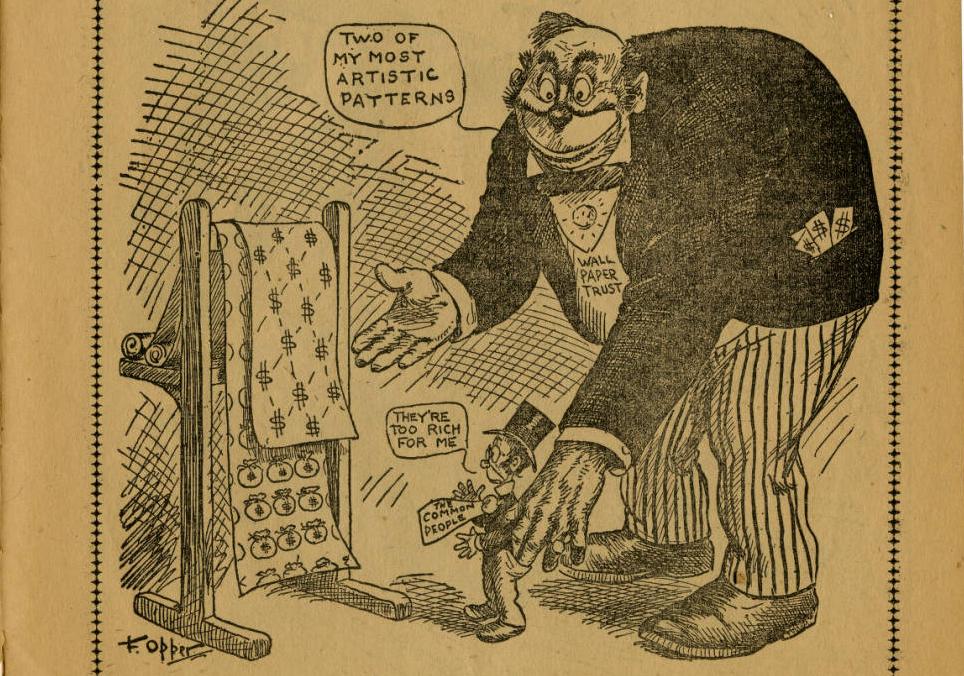
A unique new item has been added to the OHS Selections collection on Ohio Memory, offering a tongue-in-cheek view of the explosion of monopolies in the American economy at the opening of the 20th century. “Nursery Rhymes for Infant Industries: An Alphabet of Joyous Trusts” is a pamphlet of illustrated humorous rhymes drawn by cartoonist Frederick B. Opper in 1902, and published by newspaper magnate William Randolph Hearst, with whom Opper regularly worked.
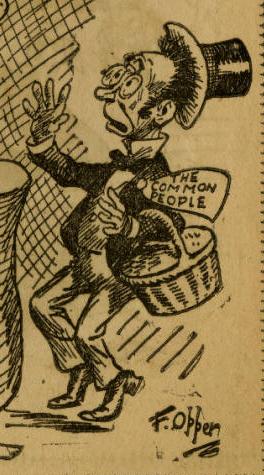
A native of Madison, Ohio, Opper was a well-known American newspaper cartoonist for more than sixty years. At the age of fourteen, Opper began drawing cartoons for the Madison Gazette, and in 1877, he accepted a position as staff artist with a magazine called Wild Oats, where he spent several years while also doing freelance work for other magazines and newspapers. He then spent eighteen years working for Puck Magazine before becoming a cartoonist for Hearst’s New York Evening Journal. He reigned as one of the United States’ leading cartoonists around the turn of the last century, creating memorable cartoon characters including “Alphonse and Gaston,” “Maud, the Kicking Mule,” and “Happy Hooligan,” his best-known cartoon series.
The satirical cartoons and accompanying rhymes in this pamphlet criticized corporate trusts, or monopolies, which were often used by large companies to consolidate power and crush competition. Because of their association with anti-competitive practices, trusts were a politicized issue beginning in the late 1800s and early 1900s. Hearst was a vocal opponent of corporate trusts, and used his nationwide publishing power in an ongoing campaign to satirize them. Opper’s political cartoons, often featuring the stock character of “Mr. Common Man,” were key in this campaign.
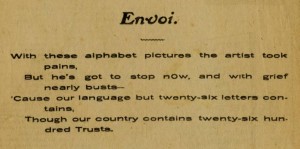
The pamphlet ends on a more practical note, with a full page on the “Importance of Selecting Men Who Represent the People’s Interest” to Congress lest America become a nation with “a few preposterously rich men and a population of clerks.” Many of the trusts illustrated in this document are recognizable today through their references to well-known names like Kodak, Standard Oil and the National Biscuit Trust (more familiar these days as Nabisco). Some, however–like the Quinine, Ice and Varnish Trusts–remind us of how times have changed. Nonetheless, this item offers a fascinating look at a political and economic matter that many still consider an important issue in today’s world.
Thanks to Lily Birkhimer, Digital Projects Coordinator at the Ohio History Connection, for this week’s post!

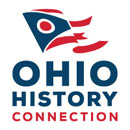
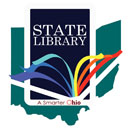
Leave a Reply
You must be logged in to post a comment.